A/Prof Shen gave a keynote talk at an international HCI meetup
9 Aug 2023

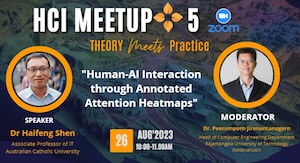
A/Prof Shen was invited by Bangkok ACM Sigchi Chapter to give a keynote talk at 13:00 AEST (10:00 ICT), on Saturday, 26 August 2023 at its HCI Meetup#5. His talk on Human-AI Interaction through Annotated Attention Heatmaps highlights the challenges of human understanding in deep neural networks and its impact on trust in AI systems. He will present a human-AI interactive sensemaking framework using annotated attention heatmaps, allowing humans and AI algorithms to mutually understand and fine-tune reasoning. More information can be found from his Facebook page https://fb.me/e/4mfh52gJA. You can find some snapshoots of the talk from here.

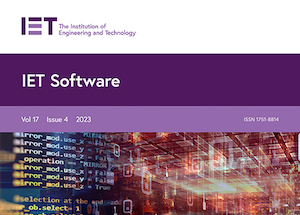
The goal of this study is to report the state-of-the-practice of DevSecOps, including the impact of DevOps on security, practitioners' understanding of DevSecOps, and the practices associated with DevSecOps as well as the challenges of implementing DevSecOps. We carried out a grey literature review on DevSecOps, and surveyed the practitioners of DevSecOps in industry. Three major software security risks are identified with DevOps, where the establishment of DevOps pipeline provides opportunities for security-related activities. Read the paper here.

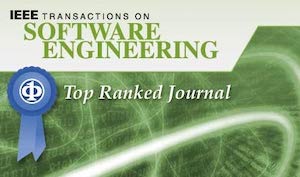
Service monitoring through anomaly detection and root cause analysis (RCA) is crucial for online microservice systems to provide stable and continued services. Microservice systems rely on telemetry data to perform service monitoring and RCA of service anomalies. In this paper, we propose a new RCA solution TrinityRCL that is able to localize the root causes of anomalies at multiple levels of granularity including application-level, service-level, host-level, and metric-level, with the unique capability of code-level localization by harnessing all three types of telemetry data to construct a causal graph representing the intricate, dynamic, and nondeterministic relationships among the various entities related to the anomalies. Read the paper here.


Hilstlab is partnering with ACU's Provost Office, Centre for Education and Innovation, and the Institute for Positive Psychology and Education in the Faculty of Health Sciences on a multi-phase project funded by Provost Innovation Fund to improve the quality of video-based learning at ACU hosted by Echo360 through a novel data analytics approach. The project uses machine learning of lecture videos and transcripts to analyse teachers' motivational behaviours in their teaching.

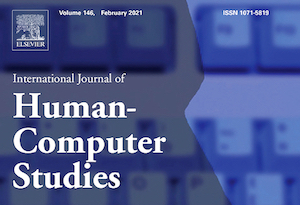
ADHD is a neurobiological condition that often affects school children. A major symptom is short attention span, which may negatively influence their academic performance, specifically in those tasks that require concentration. In this work, we design and evaluate a novel gaze-based visual attentive interface for the purpose of extending ADHD children's attention span in performing reading tasks. The results show that these children performed better in the presence of any color scheme in comparison with using no color, with highlighting the most effective, followed by contrast and then sharpening/blurring. Read the paper here.


Dr. Tang is currently a Principal Data Scientist at Westpac with over 12 years post-PhD industry experience in Healthcare (Australian Government), Transport, Banking (Commonwealth Bank of Australia and Westpac Banking Corp.), Telecommunication (Optus, SingTel), and ICT. His research expertise includes cyber security, data science, machine learning, deep learning, and adversarial learning.


Logs are valuable assets in software development. While various logging best practices are suggested to developers, have the critical issues been well addressed by current research endeavor? Check out our TSE paper on logging practices: why, where, what, and how from here. Through a systematic mapping study on logging practices with 56 primary studies, our work provides a holistic report of the existing research on logging practices by systematically synthesizing and analyzing the focus and inter-relationship of the existing research in terms of issues, research topics and solution approaches.
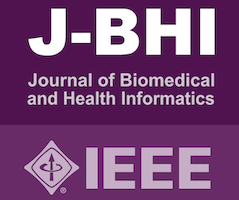


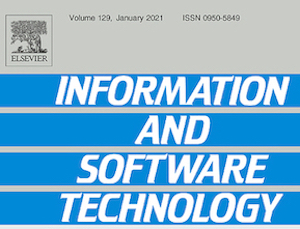
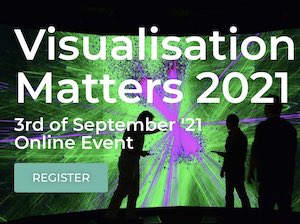

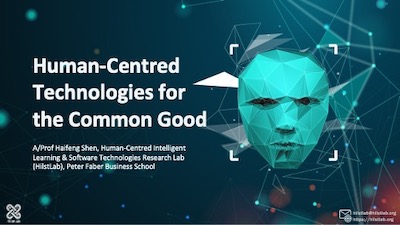


The 5th EAI International Conference on Robotics and Networks will take place in Shenzhen, China, during November 6-8. There have been more and more notable developments of robotics in many applications, such as minimally invasive surgery, manufacturing, unmanned vehicles. On the other hand, computer networks have been covering every corner of our daily life. However, existing robotic and networking techniques are still facing grand challenges, from intelligence to security. Hence, we are looking for high-quality, original research articles that advance the fields of robotics and network towards more intelligent, capable, autonomous systems. Authors of selected papers will be invited to submit an extended version to Mobile Networks and Applications (MONET) Journal.
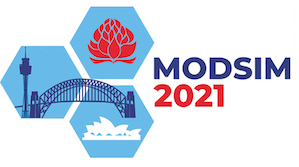


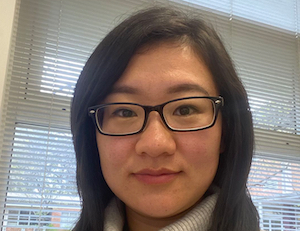
Dr Qiao's project "diverse hard negative mining for imbalanced learning and its application for object detection and pneumonia detection" aims to develop a diversity integrated solution to the imbalanced learning problem. Expected outcomes are with strong potential to benefit a wide variety of real-world applications in AI-enabled healthcare, smart agriculture and autonomous vehicles.

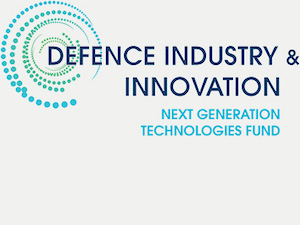
Our research lab, together with collaborators from Western Sydney University, Defence Science and Technology Group, and Total Technology Partners Pty Ltd won a $95,000 grant from Next Generation Technologies Fund to develop a collaborative human-centred AI system for submarine control room console operators and study its impact on the decision making performance in a high risk, time critical environment.
Our submission to the International Conference on Evaluation and Assessment in Software Engineering (EASE) 2020 was accepted as a full paper. The full paper track acceptance rate was 23%. EASE is a top conference in Software Engineering. The paper systematically studies the characteristics of imbalanced and time-series data and further provides a comprehensive evaluation for predictive CI/CD with the data from real projects.

Partnering with UNSW Sydney and UNSW Canberra, this project is part of a larger project on simulation and visualisation using data farming for joint operating concept analysis. It aims to develop a framework and a concept demonstrator showing the feasibility of running high-end graphics-intensive visualisations across multiple platforms through visualisation as a service.